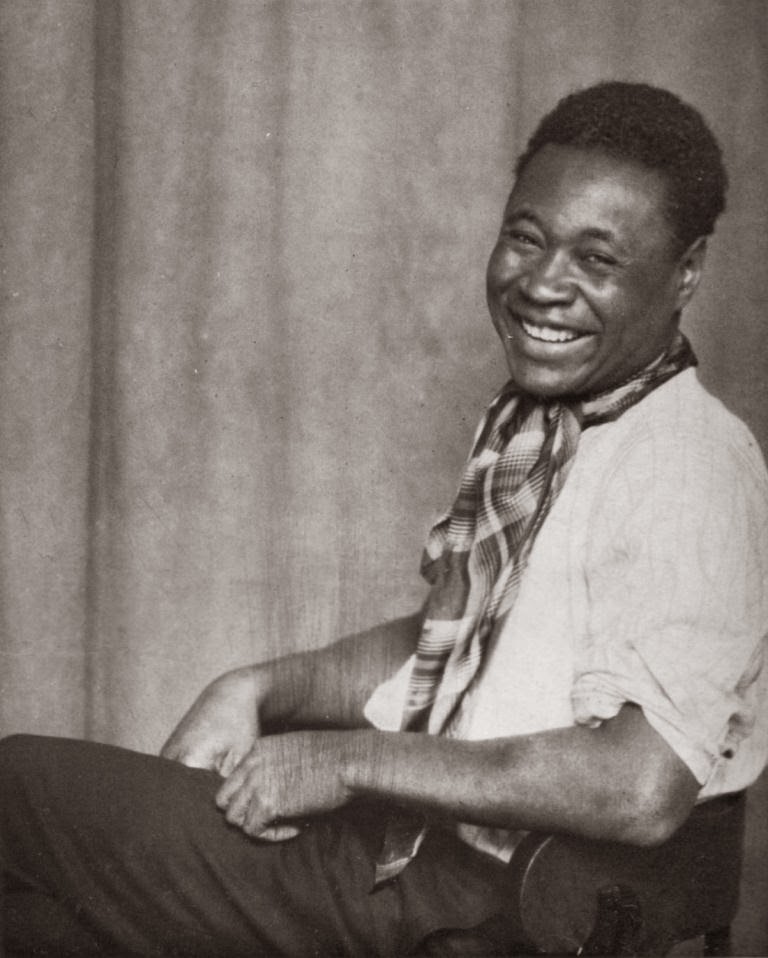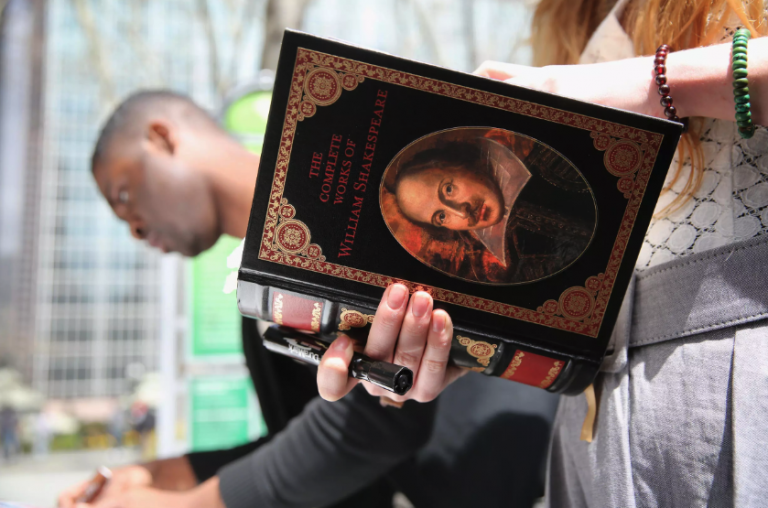 |
| Madrid’s Plaza Mayor at night |
This semester, I’m taking a course on the British Romantic Period. In class a few weeks ago, my professor was talking about how although the seventeenth century was a period of greater international connectivity, there was also a simultaneous turn inwards, a growth in and shift towards nationalistic ideology. He asked the class why this might happen; one might expect an increase in interconnectedness to result in a greater sense of acceptance and a greater concern for universal well-being. What was to account for the shift towards nationalism? I raised my hand to discuss the idea that travel makes or allows you to compare that which you learn to what you have already known. In my experience, the more you turn outward, as one does through travel or as the British did through globalization, the more you are able to look inward.
For me, travel has never made me more nationalistic. Although I always learn to value both India and the United States more each time I visit a new place, the experience of travel never pushes me to strengthen my ties to either of the two. Rather, I am always reminded of the fact that I’m part of the world, that who I am is a result of where I’ve been and the experiences I’ve had due to setting. And after spending three months living in Madrid this summer, I don’t consider myself more Indian or American. Instead, while I still identify as Indian-American, I now think of my heart as belonging to three places—India, America, and Spain.
And like I said in class, travel makes or allows you to compare that which you learn to what you have already known. For me, a big focus of my time in Spain was language. For one, I’ve been studying Spanish since high school and have wanted to be fluent for just as long. But I’ve been thinking about linguistics specifically since last spring semester, when I took Introduction to Critical Theory. I would do my readings for class in my tiny room in FSK Hall and talk about them in relation to my own experiences with English, Hindi, Gujarati, and Spanish with my roommate, who is currently working on her Japanese as she studies abroad in Tokyo for a year. That course, and the conversations it sparked both inside and outside of the classroom, made me more aware of my experiences with language and provided me with the vocabulary and academic basis for being able to think about and understand linguistics on my own, beyond just the one semester. So when I went to Spain, I was able to compare what I had known through the lens provided me by the vocabulary, structure, and function of the English language, to what I was able to learn: a more fluent, thorough understanding of Spanish.
Improving my Spanish through travel and formal education has taught me to better appreciate the languages I already know. When a new concept doesn’t make sense to me from what I know about English and its structure, I have Hindi and Gujarati as a basis for greater insight. For example, the differentiation between the formal and informal forms of “you” aren’t part of the English vocabulary. Whether we talk to an elder or a peer, we always use “you.” In the same sense, whether we address one person or a group of people, we use the term “you.”We might supplement “you” with “you guys” or even “y’all,”but our language does not include a plural form of the word.
On the other hand, Spanish allows for such a distinction. Formally, we might use “usted,” and informally, “tu” is acceptable. If we address multiple people, we can use “ustedes,”and in Spain, the “vosotros” form also allows us to differentiate between formal and informal in the plural sense.
Gujarati and Hindi employ the same distinctions. Depending on the familiarity, age, and relationship between you and the person you are addressing, you may use tum or aap, tu or tame, tu or usted. (In fact, these languages also employ clusivity!) And while I noticed many of my monolingual peers had difficulty understanding the distinction when it was introduced to us in our first year of Spanish class, I just relied upon my experiences with Hindi and Gujarati to decide whether I would address a person formally or informally.
But the benefits of being multilingual go beyond the academic. I was walking to class the other day with my Spotify on shuffle. I was listening to my June playlist, and since that month was my first in Madrid, I have plenty of Spanish music that I discovered while abroad. One particular lyric stood out to me and I noticed the way a singer phrased a certain idea was incredibly beautiful. But after translating it back to English, I realized that many of our idioms and metaphors are phrased the same way. In that sense, learning Spanish has taught and even allowed me to appreciate English in a way I hadn’t been able to before.
 |
| Nobel Laureat Pablo Neruda |
In a similar sense, there is a vast difference between reading Neruda in Spanish and reading the English translations. It’s not that an entire phrase gets lost in translation, but rather an idea, a feeling, a particular connotation that adds value to the poem in a way the author intended it to. Understanding Neruda as Neruda meant himself to be understood allows me to comprehend that specific connotation and to compare how his musings on love and romance and loss can differ from what is commonly seen in American literature. And as a professor pointed out, it might be worth noting that Neruda himself took his nom de plume from the Czech poet Jan Neruda in yet another reference to intercultural translation.
Vocabulary and structure can differ from one language to another, providing a variety of lenses and concepts and modes of thinking and viewing the world. I’m so grateful to speak and understand the four that I do, and I definitely plan on learning more. I’d love to know—what have your experiences with language taught you? Let us know in the comments below.









